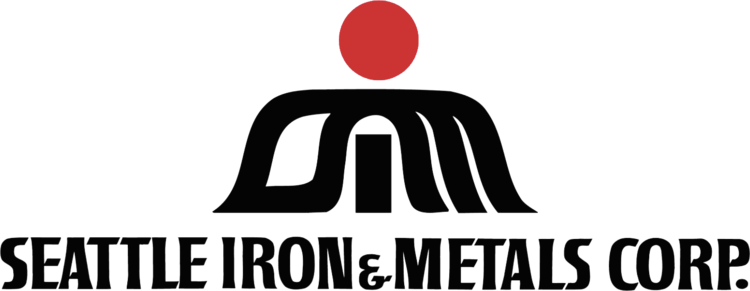Environment
At Seattle Iron & Metals Corp. we are committed to the preservation of the environment and hold high standards in best management practices in protecting the environment through responsible recycling.
Committed to protecting the environment, our facility is built on 9.5 acres of impermeable layer of 10" thick concrete protection.
Our on-site water treatment plant where storm water is collected and processed rendered environmentally safe prior to discharge.
We are dedicated to the preservation of the environment by making metals safe, following all state & federal required environmental regulations.
At Seattle Iron & Metals Corp. we are committed to the preservation of the environment and hold high standards in best management practices in protecting the environment through responsible recycling.
Committed to protecting the environment, our facility is built on 9.5 acres of impermeable layer of 10" thick concrete protection.
Our on-site water treatment plant where storm water is collected and processed rendered environmentally safe prior to discharge.
We have a comprehensive list of materials that are accepted and materials that are not accepted at Seattle Iron and Metal Corp. Here are some examples listed, please know that this is not a complete list and other items not included may also be inappropriate for recycling as scrap metal.
Under the Clean Air Act Regulations 608(b)(1) and 608(c) prohibit any release of refrigerants into the atmosphere and require specially trained personnel to handle the capture and disposal of these gasses by a set procedure.
We require our customers to sign a statement certifying that any materials required by 40 CFR 61.150 and TSCA 40 CFR 258 & 261 have been properly processed prior to recycling.
Items and Materials ACCEPTED by SIM
Appliances with the following removed:
Compressors
Capacitors
Mercury Switches
Gasses
Automobiles must have all fluids drained and the following removed:
Tires
Batteries
Mercury Switches
Un-deployed Air Bags
In addition:
GAS TANKS MUST BE TORN OPEN
TO VENT FUMESAutos cannot be stuffed with additional scrap
Drums, barrels and other containers must be
triple rinsed and cut open for inspection
All Sealed Containers, air bottles or gas tanks must be cut in half
Steel Cable and Wire must be cut in 3 foot lengths or coiled & banded securely in 4 places. Steel banding must be cut in 1 foot lengths.
Aerosol cans must be empty and crushed
Items and Materials NOT ACCEPTED by SIM
Refrigerants (including CFC's, HFC’s and HCFC's)
in refrigerators and air conditioners.
Asbestos or asbestos containing materials, such as:
Pipe insulation
Insulation commonly found on I-beams, boilers & other demolition debris
Petroleum Products, such as:
Gasoline
Oil
Anti-freeze
Hydraulic fluids
Greases
Note: Hoses must be removed & cylinders drained
Items that contain PCB's, including the following:
Capacitors
Florescent light ballasts
Transformers
Electrical components
Automotive Air Bags which contain sodium azide
Un-drained Automotive Components, such as:
Auto transmissions
Motor blocks
Torque converters
In addition: Oil Filters & pans must be removed
Old Filters, including:
Oil filters
Gas filters
Any other filters
Paint cans or containers
Lights that include:
Florescent
Neon
High-intensity mercury vapor lights
In addition: PCB containing ballasts
must be removed
Compressors, capacitors, and mercury switches from appliances
Toxic substances
Military Scrap unless by prior approval
Explosives & Ammunition
Radioactive equipment or containers
Non-Metal materials, including:
Garbage
Tires
Wood
Dirt
Yard debris
Concrete
Asphalt
Glass
Rubber
Hazardous or "No Buy" Materials
Any materials and/or items found in vendor loads that are Hazardous or "No Buy" shall be grounds for immediate rejection of the entire load.
Drop boxes are spotted at the risk of the property owner. Scrap must be loaded within box weight and size capacity.


